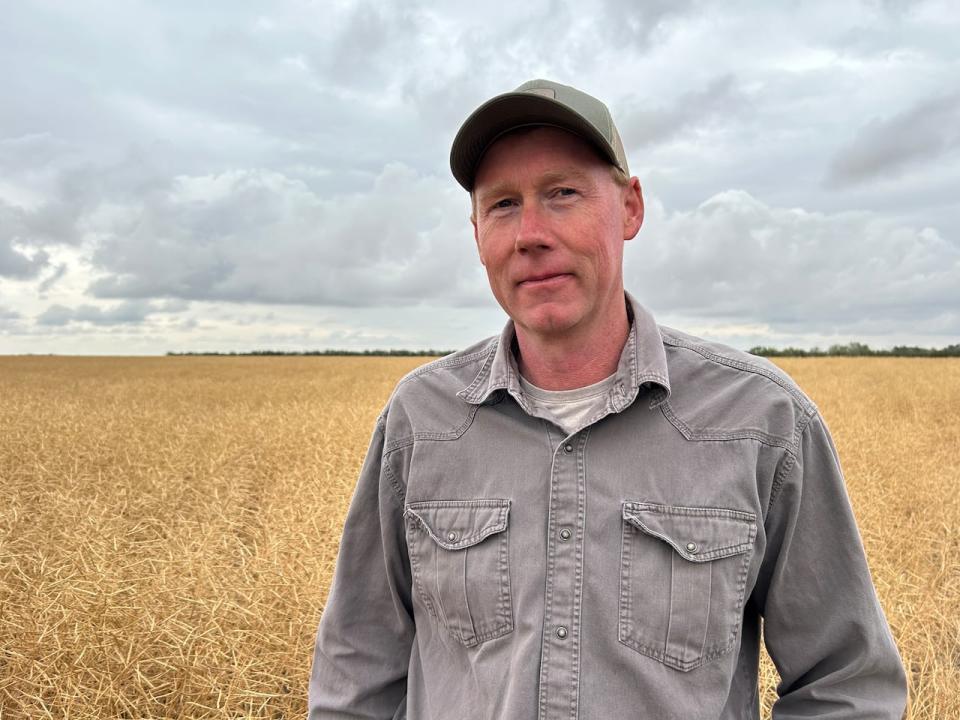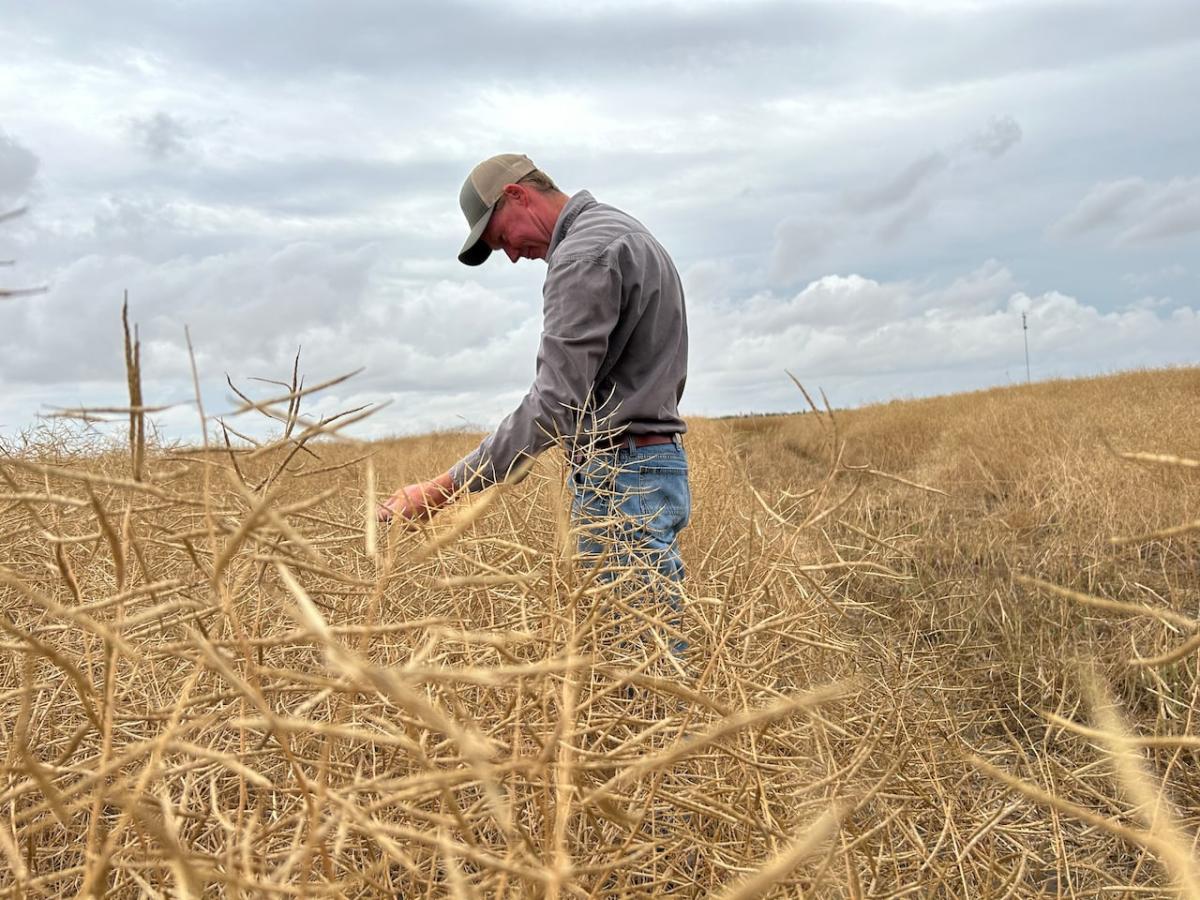Rob Stone says China’s decision to target Canadian canola as part of a trade spat is disastrous for producers.
“It’s devastating news as far as a farmer is concerned,” said Stone, who farms canola near Davidson, Sask.
“The markets reacted very negatively to the news.”
Last week, Canada followed the lead of the United States and European Union, and announced a 100 per cent tariff on imports of Chinese electric vehicles and a 25 per cent tariff on imported steel and aluminum from China.
China responded by announcing an anti-dumping investigation into canola imports from Canada.
In international trade, dumping means lowering the price of an exported product so that it is cheaper in the market it’s being exported to than it is in the country where it is produced.
Stone said any accusation of Canadian canola being dumped “is absolute bunk” and has no basis in fact, but said it’s stressful to see the price of canola continue to drop in response to the news.
“The fact that can happen is absolutely enraging, but we only do what we can do here on the farm gate,” he said.
“Talk about those things and share our story about how we’re affected.”

Stone says he understands China isn’t trying to directly hurt farmers, but he wants the issue solved quickly regardless. (Pratyush Dayal/CBC)
Stone estimated the price drop would cost farmers about $2 per bushel, which could mean as much as $100 an acre.
He said he recognizes that the investigation isn’t targeted at farmers, but stressed that getting it resolved quickly is paramount.
Ian Boxall, president of the Agriculture Producer Association of Saskatchewan, agreed with Stone.
Boxall said this latest news adds even more stress in a year that has seen labour disputes on the railways and at the ports in Vancouver, along with drought.
“This year’s been every time you turn around, the farmers kind of got a little shot in the gut, right?” Boxall said.
Provincial response
More than half of canola produced in Canada makes its way to China, the world’s biggest oilseed importer. Canola, also called rapeseed for certain variants, is used as a cooking oil and in a wide range of products including renewable fuels.
Premier Scott Moe posted on social media site X, formally known as Twitter, that Saskatchewan is “very concerned” by the anti-dumping investigation. He said the province’s agriculture minister sent a letter to the federal government asking it to resolve the issue quickly.
The letter says Saskatchewan farmers had to “bear the brunt of Chinese retaliation in the past,” referring to 2018, when a market access ban on canola led to a decrease of more than $1 billion in exports to China from Saskatchewan.
Trade Minister Mary Ng previously said in a statement that the federal government is committed to ensuring fair market access for canola farmers and all of Canada’s agricultural producers.
“Our government will always defend Canada’s national interest, especially our hardworking farmers and producers — the backbone of our agriculture sector,” she said. “We are following this closely.”
Agriculture Minister Lawrence MacAulay insisted that Canadian canola producers play by global trade rules.

